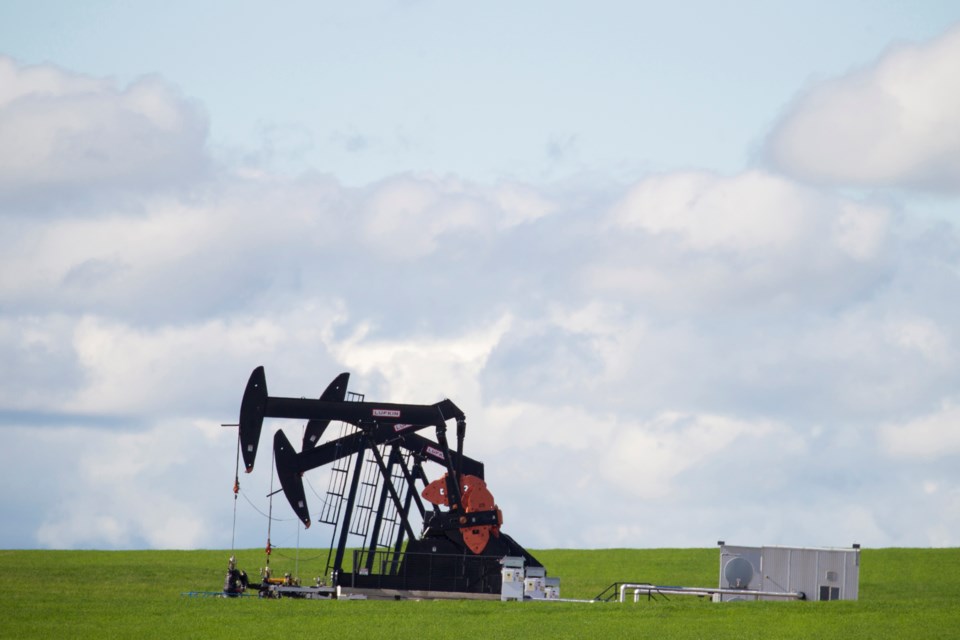According to member survey results released last week, companies owe more than $173 million in property taxes to the RMA’s member municipalities.
That represents a 114 per cent increase from the $81 million identified as being owed in March 2019.
The non-payment of taxes by oil and gas companies to municipalities is creating significant financial concerns for those municipalities, with many oil and gas companies unable or unwilling to pay what they owe, he said.
“Municipalities require property taxes to provide infrastructure and services that industry relies on to access natural resources,” said Kemmere.
The RMA is calling on the provincial government to update the Alberta tax collection regime to give municipalities more opportunities to collect the unpaid taxes, he said.
“If Alberta’s property tax system is not amended to prevent oil and gas companies from refusing to pay property taxes, many rural municipalities will struggle to remain viable,” said Kemmere.
“Strengthening municipal tax recovery powers would help address this issue, but broader action to address the industry’s struggles is needed, as the viability of both industry and rural municipalities is at risk.”
Rural municipalities have been impacted by the provincial government’s reduction in grants and increased expectations for municipalities to contribute to policing costs, he said.
Updates to Alberta’s assessment model could also negatively impact municipalities’ bottom line, he said.
“Until the government and industry are successful in making fundamental changes rather than blaming long-term, fixed costs such as municipal taxes for industry’s struggles, this uncertainty will continue.”
Ben Brunnen is vice-president of fiscal and economic policy with the Canadian Association of Petroleum Producers.
“It is new information to see the increase being as substantial as it is,” Brunnen said in an Albertan interview. “I think this is illustrative of the challenges our industry is facing right now in Alberta. And while we can appreciate this increase in unpaid taxes and the burden it places on municipalities, it’s also important to think of it in terms of the economic challenges of our industry and the constraints that are upon them.”
Municipal taxes are the industry’s second highest cost next to royalties, he said.
“The companies that are struggling right now and are failing to pay their municipal taxes are the ones that have mature assets and where the municipal assessment system just hasn’t kept up to date with the reality of the market,” he said. “Companies are unfortunately needing some structural reforms or they will have to close their doors.”
Those mature assets tend to be overvalued right now, “and then the taxes are high,” he said.
“Some of these companies are in a position that they need relief on their municipal taxes or they will have to shut in their wells, and as a result you lose those jobs in those communities,” he said.
“We need to change the way our assets are depreciated in Alberta so companies have a better chance of operating their assets and that’s the way we can start looking at how new investment decisions are made and jobs are created. We need to restructure that approach.”
Asked if he believes the province should look at the royalty system, he said no.
“Generally speaking we think it is an equitable system. The municipal tax system has not been updated in over 20 years,” he said.
Joe Ceci is the NDP Municipal Affairs critic.
“Jason Kenney is turning his back on rural Alberta,” said Ceci. “His refusal to help these communities while making provincewide cuts and downloading new costs on to municipalities is making a bad situation worse. The UCP are threatening the viability of these communities.”
The RMA represents 69 rural municipalities, including Mountain View and Red Deer counties.



